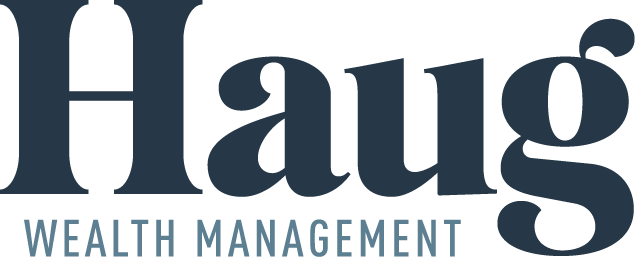The Return of Normal is Approaching
It’s now been over a year since COVID-19 first hit American shores. While the pandemic has affected everyone to varying degrees, we can all agree that everyone’s life is different today than it was a year ago. It’s difficult to remember what normal looks like at this point.
Now that Johnson & Johnson’s vaccine has been approved, we have three vaccines available in the United States—and some semblance of normal is fast approaching. COVID-19 cases and hospitalizations have dropped significantly over the past two months. More businesses have reopened. Kids are going back to school. More diners are headed to restaurants. Air travel has picked up.
The US economy—though not back to normal yet—is poised to potentially recover all of its lost output from last year’s recession during the first half of this year. Shoppers are doing their part as retail sales jumped 5.3% in January—the strongest month-over-month increase in seven months. Consumers’ coffers were replenished by the federal government’s roughly $900 billion stimulus package passed in December 2020. US household savings are now $1.4 trillion above last year’s levels, according to the Bureau of Economic Analysis, which should provide fuel for more pent-up spending after restrictions are lifted.
The bridge policymakers began to build a year ago to the end of the pandemic is getting even stronger. Congress is expected to pass another fiscal stimulus package in mid-March, potentially worth over $1.5 trillion and including more direct aid to consumers and supplemental unemployment insurance. Meanwhile, the Federal Reserve continues to provide unwavering support for the economy. Our economy’s resilience, coupled with this significant fiscal and monetary support, has enabled stocks to do even better than normal—and early in bull markets, normal is pretty good.
Some fear the economy has too much support. A healing labor market with about 10 million fewer jobs than a year ago suggests that more help is needed. But, as the economy fully opens, we will have to watch inflation closely for signs of overheating. The Federal Reserve may have to pump the brakes sooner than anticipated.
Normal is approaching—or at least the post-pandemic version of normal—and it’s looking pretty good. Stocks and bonds are both telling us we have a lot to look forward to as the economy moves closer to a full reopening. COVID-19 still presents risks of course, and stocks may be due for a pause after such a strong run. But ultimately, we believe the backdrop of improving economic growth, supportive fiscal and monetary policy, rebounding corporate profits, and improving COVID-19 trends will be a favorable one for stocks over the balance of the year.
Please contact us if you have any questions.
Important Information
This material is for general information only and is not intended to provide specific advice or recommendations for any individual. There is no assurance that the views or strategies discussed are suitable for all investors or will yield positive outcomes. Investing involves risks including possible loss of principal. Any economic forecasts set forth may not develop as predicted and are subject to change.
References to markets, asset classes, and sectors are generally regarding the corresponding market index. Indexes are unmanaged statistical composites and cannot be invested into directly. Index performance is not indicative of the performance of any investment and do not reflect fees, expenses, or sales charges. All performance referenced is historical and is no guarantee of future results.
All data is provided as of March 4, 2021.
Any company names noted herein are for educational purposes only and not an indication of trading intent or a solicitation of their products or services. LPL Financial doesn’t provide research on individual equities.
All index data from FactSet.
This Research material was prepared by LPL Financial, LLC. All information is believed to be from reliable sources; however LPL Financial makes no representation as to its completeness or accuracy.
Tracking # 1-05117671 (Exp. 03/22)

